Workers are also responsible
- LAB and CCOO call for “in-depth investigation” of the death of a 48-year-old worker of the company Eulen while painting a house in the Rochapea de Pamplona.
They want to know whether, when it fell to the ground, appropriate preventive measures had been taken and they have denounced the lack of foresight of the company. LAB says that these kinds of accidents are due to precariousness and poor working conditions, and calls on public administrations not to look the other way and put resources in place to take measures to prevent them. CCOO, for its part, has called for strict compliance with the regulations, especially when coordinating the activities of companies, as many of the tragedies occur in workshops where several companies merge.
The reaction of the unions usually occurs when a worker dies. And it is true that the company and the administrations have a serious responsibility in the prevention, inspection of working conditions and in making investments, both by accident and by illness, so that there are no more deaths. However, we must also look at the workers, the works councils and the unions, to see to what extent they are responsible for these deaths.
What do the workers, committees and trade unions themselves do when they see their co-workers working without taking preventive measures? Are they warned and coerced? What do they do when they see the hiring that violates the safety rules? Looking elsewhere because they're not from your company? Companies and administrations are responsible, but workers, committees and trade unions have a responsibility.
Sustatun agertutako salaketa, LaLiga futbol erakunde espainiarraren eta Movistar/Telefonicaren arteko tratuek euskarazko zerbitzuak kaltetzen dituztela Interneten (kasu hartan Egunean Behin jokoan irudiak desagertzea zen kontua), hedatu egin da. Tokikom-eko euskarazko tokiko... [+]
Agintari gutxik aitortzen dute publikoki, disimulurik eta konplexurik gabe, multinazional kutsatzaileen alde daudela. Nahiago izaten dute enpresa horien aurpegi berdea babestu, “planetaren alde” lan egiten ari direla harro azpimarratu, eta kutsadura eta marroiz... [+]
Jakina da lan ikuskariak falta ditugula geurean. Hala ere, azken egunotan datu argigarriak ematea lortu dute: lan ikuskaritzaren arabera, EAEko enpresen %64ak ez du ordutegien kontrolean legedia betetzen. Era berean, lehendakariordeak gaitzetsi du, absentismoaren eta oinarrizko... [+]
Ur kontaminatua ur mineral eta ur natural gisa saltzen aritu dira urte luzeetan Nestlé eta Sources Alma multinazional frantsesak. Legez kanpoko filtrazioak, iturburuko ura txorrotakoarekin nahasi izana... kontsumitzaileen osagarria bigarren mailan jarri eta bere interes... [+]
Larunbatean egindako prentsaurrekoan adierazi dute manifestazioa ekainak 14an Donostian egingo dutela. 130 kolektibo, alderdi politiko eta sindikatu batu zaizkie eta "atxikimendu kanpaina oraindik zabalik dagoela" gogorarazi dute.
Otsailaren 17an Txinako Alderdi Komunistaren arduradun gorenak bildu ziren bertako enpresa pribatu handienen zuzendari nagusiekin. Ez da ohikoa aldi eta areto berberean Huawei, BYD, New Hope, Tencent, SWSC, Yushu, Xiaomi edo DeepSeek bezalako konpainien nagusi gorenak bilduta... [+]
Duela gutxi think tank izateko jaioa omen den Zedarriak bere 6. txostena aurkeztu zuen. Beren web orrialdean azaltzen dutenaren arabera, zedarriak ebidentea ez den bidea topatzeko erreferentziak dira. Hots, hiru probintzietako jendarteari bidea markatzeko ekimena. Agerraldi... [+]
On January 15, the techno-business lobby called Cedarios presented its 6th report, Euskadi and the European Union, the shared destiny of prosperity and competitiveness. This neoliberal Think Tank, made up of eminent experts drawn from the world of finance, presented a magical... [+]
A couple of weeks ago, a number of data from Norway was published. In this country of Northern Europe electric cars have predominated, being the Tesla brand the most sold, with 90% of recyclable energy consumed there. On the contrary, Norwegian public enterprises have no problem... [+]









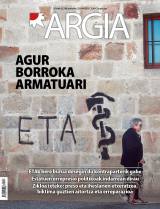


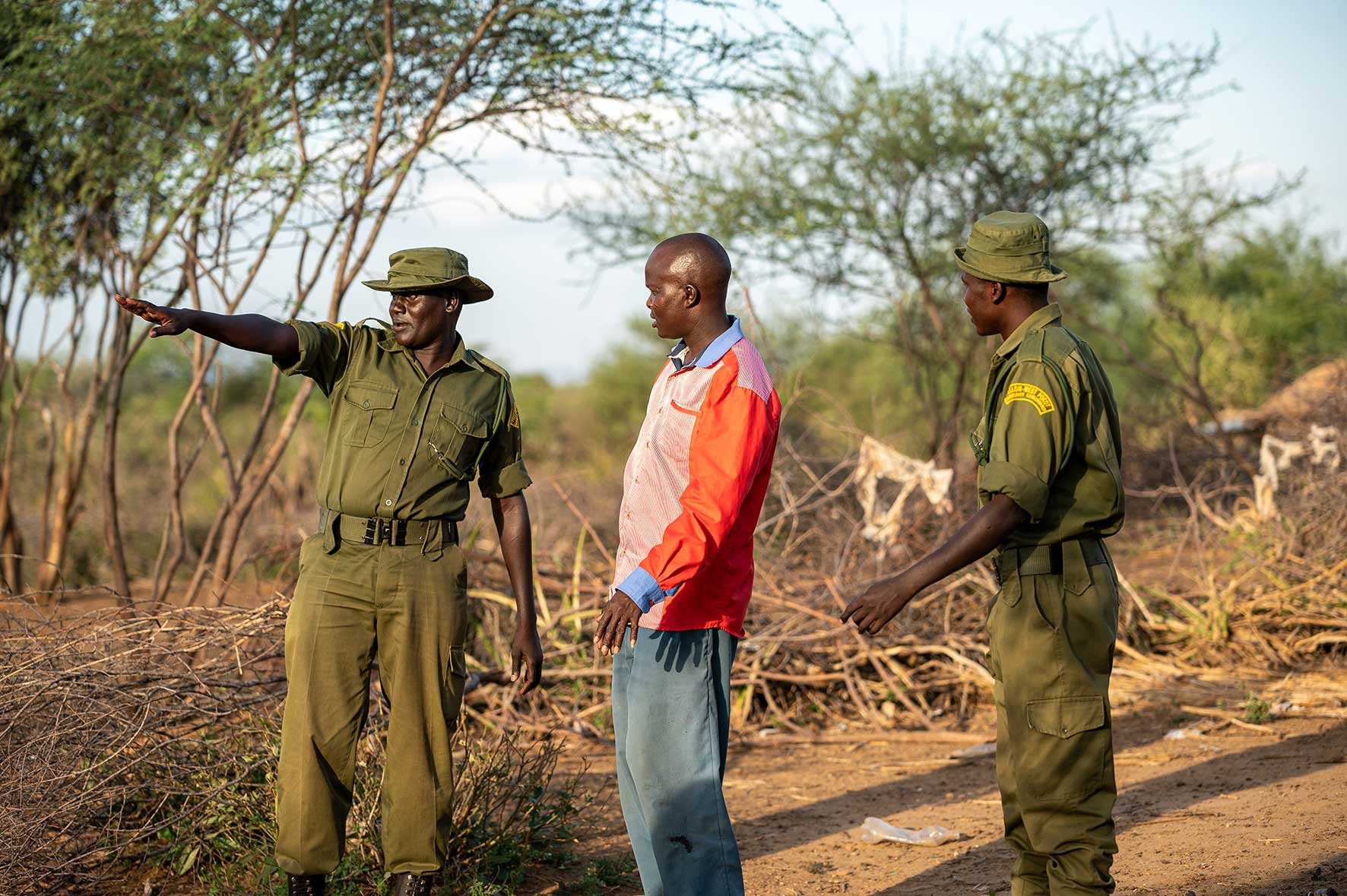

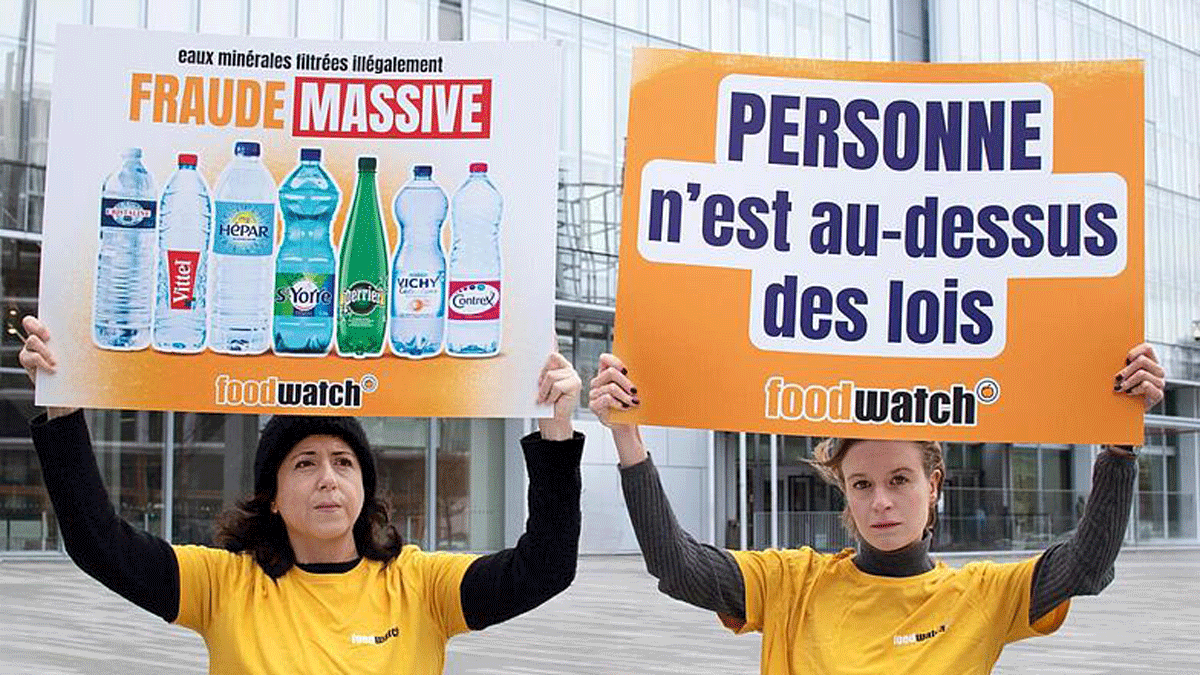
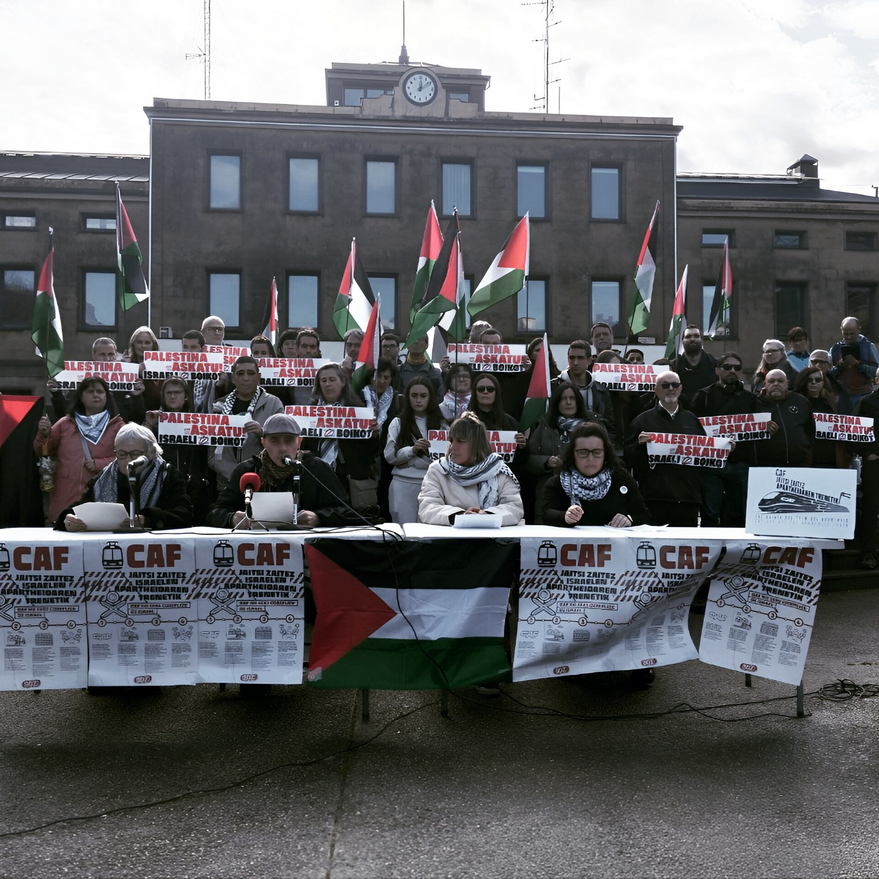
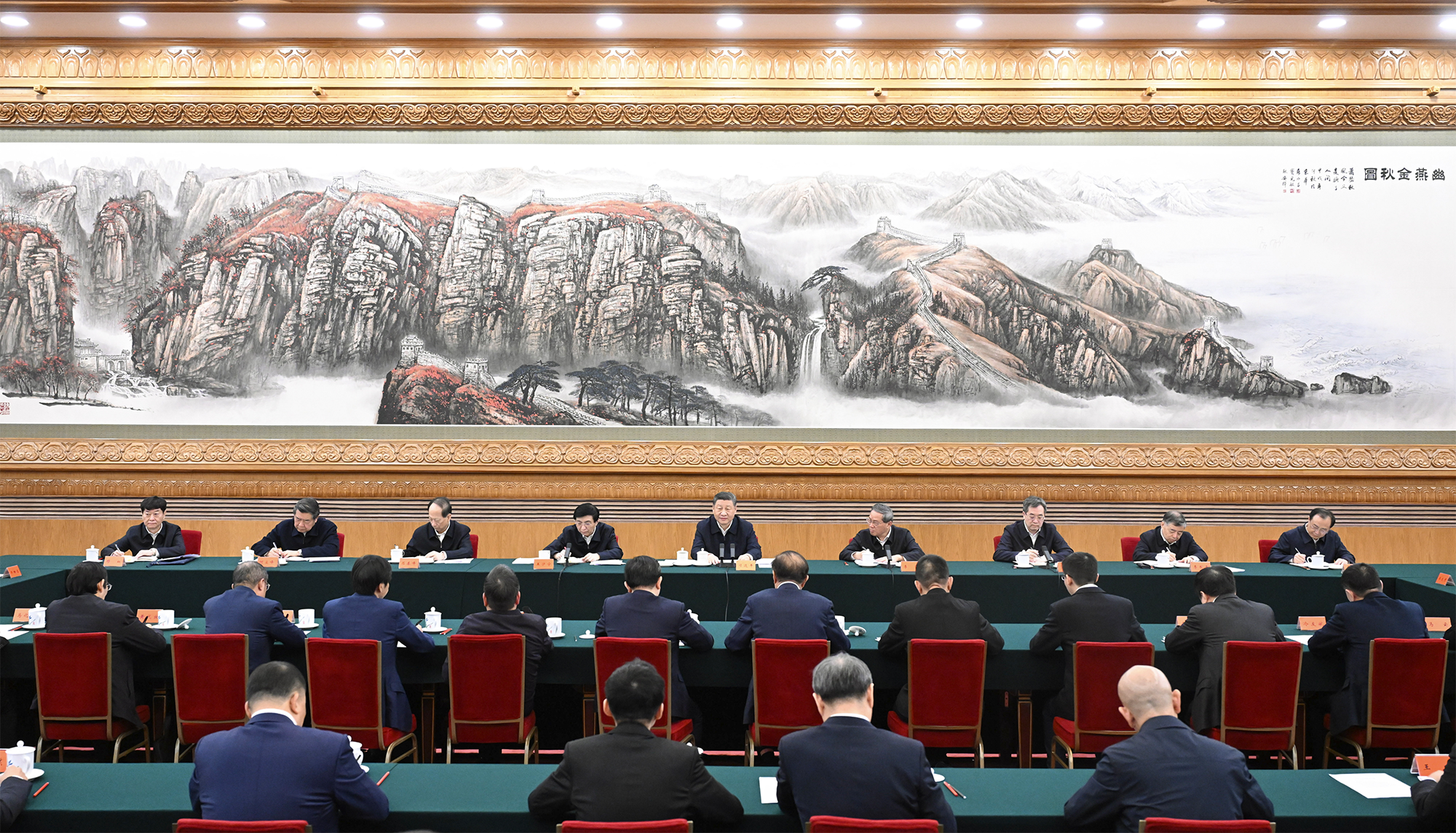
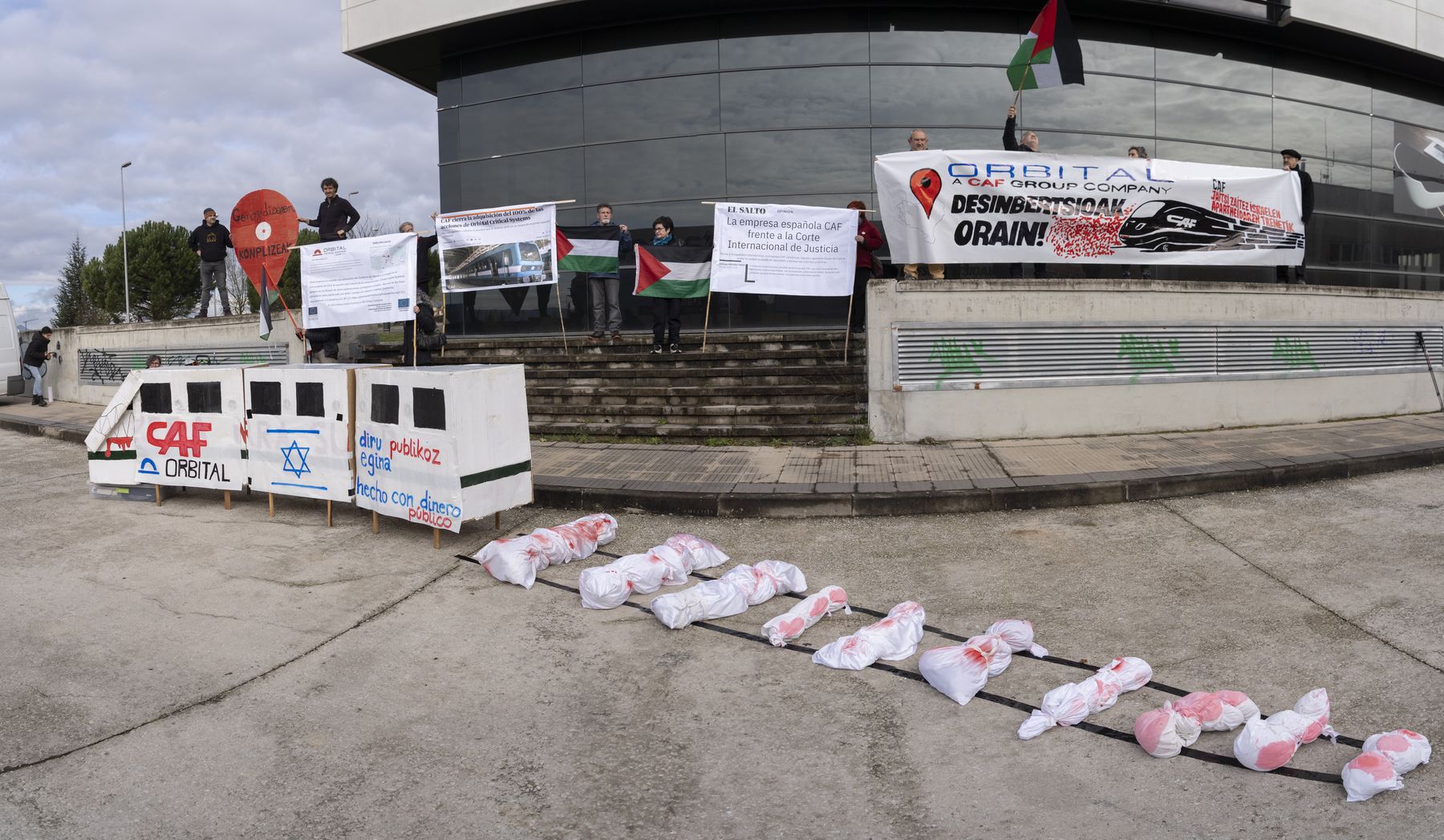
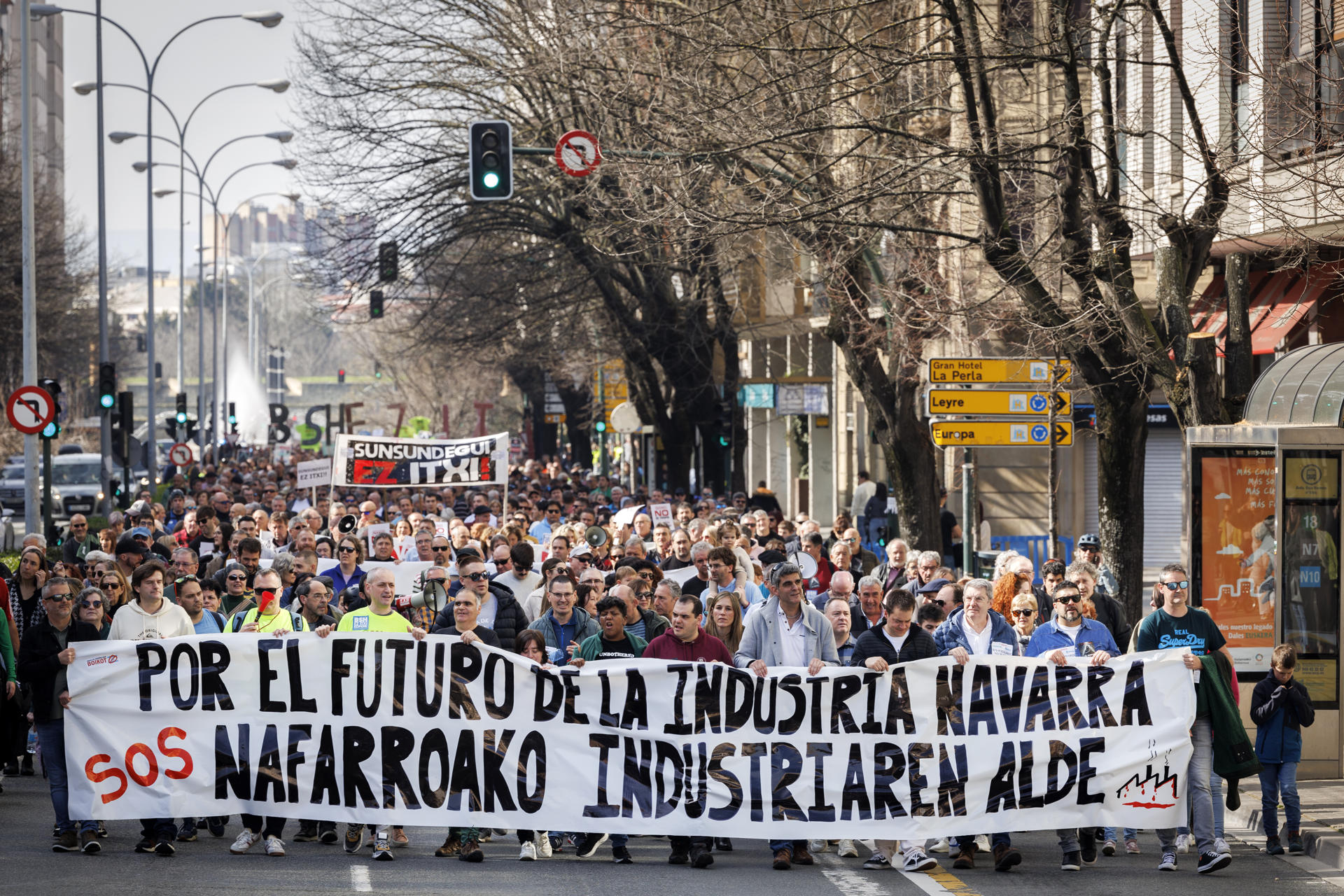


.jpg)
